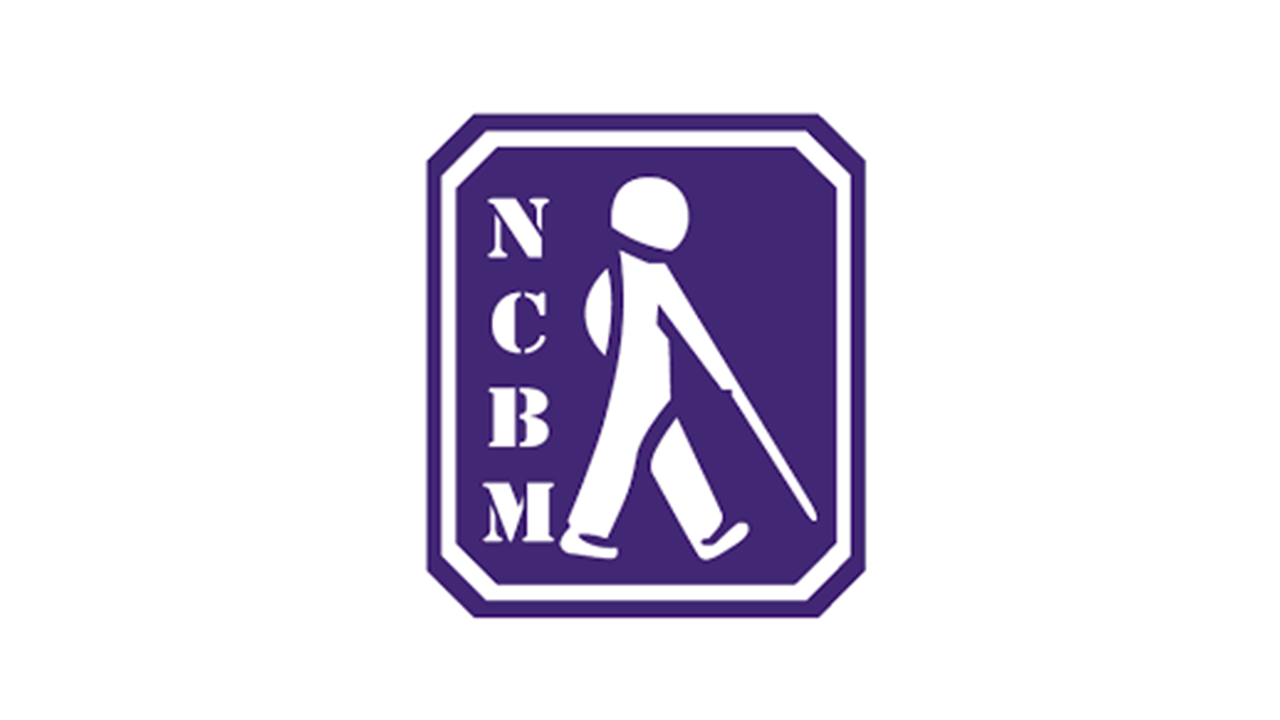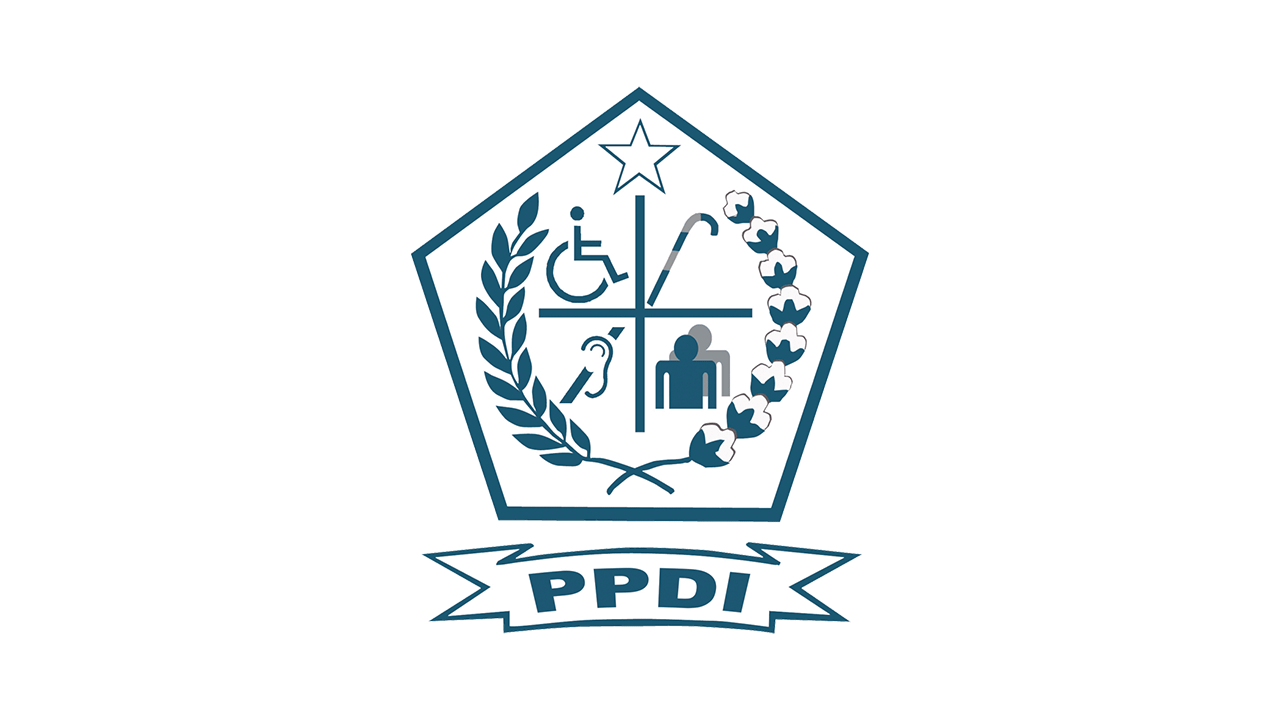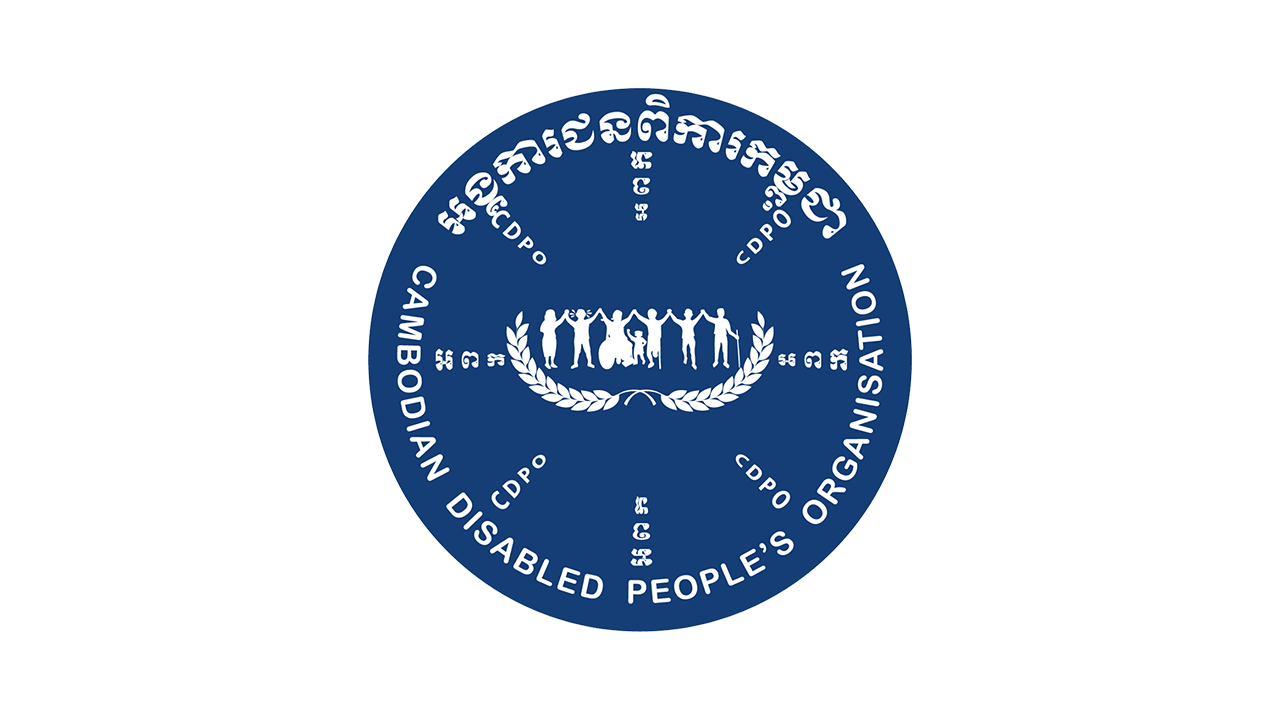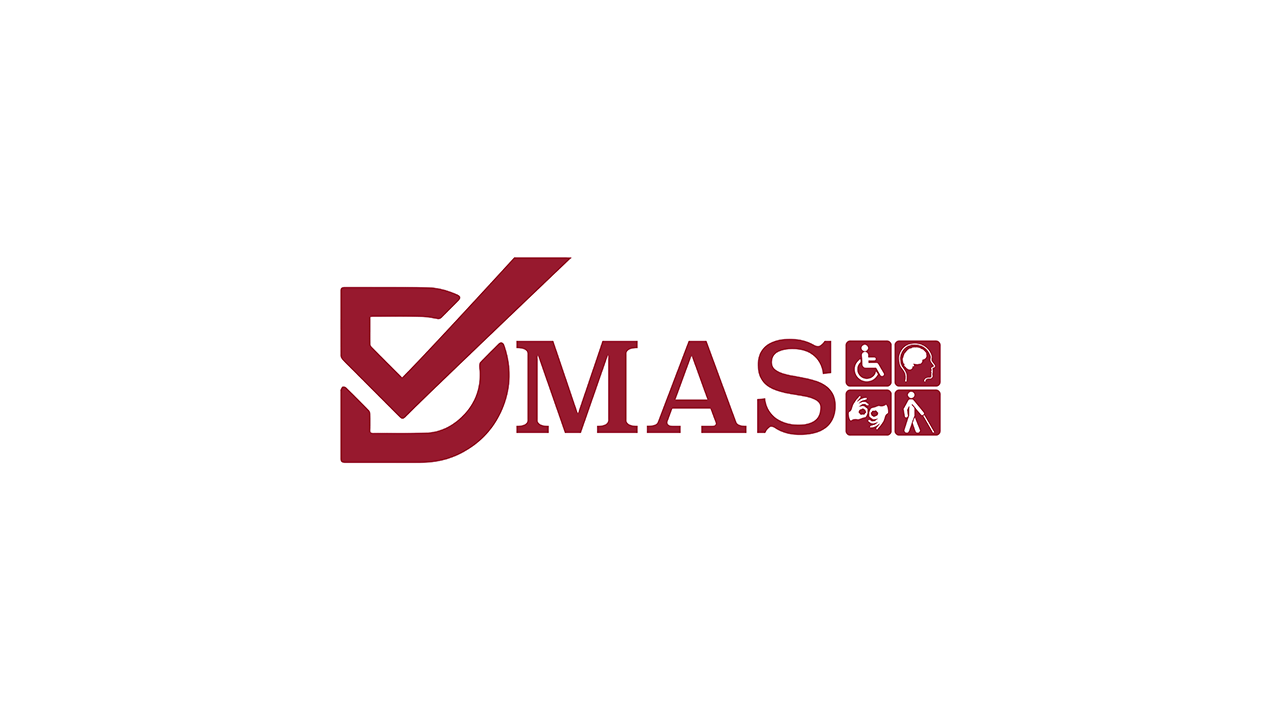On November 17 and 19, IFES held an Inclusive Digital Advocacy Toolkit online training for AGENDA’s organizations of persons with disabilities (OPDs) partners to build the capacity of partners to utilize social media channels to boost their networks and utilize strategic digital advocacy. Partners learned to conduct digital outreach and best practices for meeting with government officials virtually. The training was facilitated by IFES Youth Specialist Ashley Law and IFES Senior Inclusion Specialist Rebecca Aaberg.
On the first day, the facilitators introduced IFES’s newly developed Digital Advocacy Toolkit through a video presentation. Partners learned the importance of digital advocacy for awareness-raising efforts, building their networks and mobilizing action. The training emphasized the benefits of social media advocacy which allows OPDs and their coalition partners to broaden the impact of their advocacy and expand their reach to a broader, more diverse audience. Social media advocacy allows OPDs and their partners to personalize and reinforce advocacy messages that can be tailored to target audiences. Participants learned the importance of selecting the right platform to reach certain advocacy targets, for example, engaging youth through TikTok. The participants also learned about the differences between using a direct approach to reach out to their immediate target communities and a network approach that utilizes their social networks to reach out to a wider audience.
On the second day, OPD partners learned about the various forms of digital public outreach such as digital opinion polls, digital storytelling, digital infographic and digitized posters, webinars and digital press meetings. The participants also identified the advantages and disadvantages of reaching out to target audiences through private, direct channels such as email or issuing an open letter that draws greater attention by engaging public audiences. In the last part of the training, participants participated in an exercise to identify the digital advocacy strategies they plan to use to advocate for an issue in each country’s policy platforms. OPD partners will apply the knowledge gained from this training in their implementation of the next phase of their projects to conduct their own digital advocacy campaign to advocate for the implementation of the ASEAN Enabling Masterplan 2025: Mainstreaming the Rights of Persons with Disabilities (Enabling Masterplan). A total of 24 OPD participants including 11 female participants from Cambodia, Indonesia, Laos, Malaysia, the Philippines, Singapore and Vietnam participated in the training.









